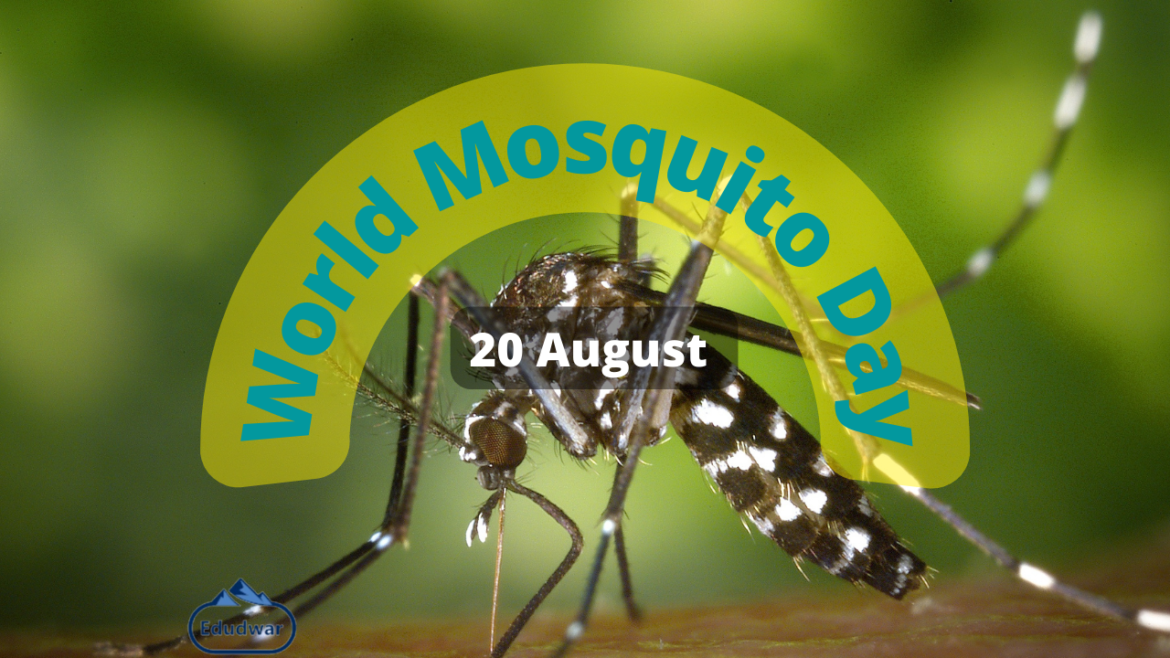By Asmau Ahmad
The Environmental Council of Nigeria (EHCON) has urged government and other stakeholders working towards malaria eradication to concentrate more efforts on the vector, being the mosquito.
The EHCON Registrar, Dr Yakubu Baba, gave the advice during a road walk and visit to the New Kuchingoro IDP Camp, to commemorate the World Mosquito Day on Sunday in Abuja.
The event was organised by the council in collaboration with the Pest Control Association of Nigeria (PECAN).
The World Mosquito Day is commemorated on August 20 and the theme for 2023 is “fighting the world’s deadliest killer -the Mosquito.”
He attributed the burden of malaria in the country to less attention given to the mosquito parasites.
“It is very important that when we are fighting malaria, we need to concentrate efforts on the vector; over the years we have not been paying attention to the vector that directly interfere with its habitat and way of life.
“So, it is essential that we turn attention to the vector which is mosquito, causing not only malaria but also other parasitic infections,” he said.
Baba, represented by Isah Adamu, Senior Technical Assistant to the council’s registrar and also the Director, Department of Registration, Ethics and Standard, identified measures by Federal Government on mosquito eradication as the responsibility of the Ministry of Environment.
He said the ministry was not resting on its oars, adding that EHCON being an agency under the ministry, had a special disease vector control programme.
According to him, the programme is geared towards ensuring that mosquitoes among other parasites, are tamed in order not to make Nigerians unhealthy, due to their feeding habits and habitation.
Pest Control Officer, Olakunle Williams, National President, PECAN, who said the future was bright for everyone, emphasised that one could attain a bright future “when you are healthy”.
Williams said mosquito was the most dangerous pest in the world, hence the association joined the world to sensitise the public about the danger posed by the pest on health and ways to eliminate it.
“So, we are putting in effort to join government from the private sector perspective in prevention which is better than cure.
“Such measures include making sure the drainage system is clean, making sure you do not have any containers retaining water, being breeding place for mosquito,” he said.
Williams said there were areas of innovation being parts of mosquito prevention which had not really gained the needed attention at the moment.
He emphasised that the association was partnering with the government to assist in its quest to achieve its goal of mosquito eradication.
“Mosquito is a pest and this is our area of specialisation and we are putting our services forward and government needs to partner.
“We are putting our own expertise at the disposal of the government and we have our own social responsibilities as well, to the communities we find ourselves,” he said.
He said annually, as part of the commemoration, PECAN selected a community to create awareness and also to disinfect such community and distribute disinfectant to the members.
PCO Tekungwa Abari, Chairman, PECAN FCT and National Vice President of the association, said malaria had been the world greatest killer “more than all wars we have fought, more than all the scourges”.
Abari said there was need for continuous awareness creation annually, enlightening the public about the danger posed by mosquito and preventive measures to guard against transmitting malaria to them.
“A lot of attention should be geared towards environmental management, control of drainage systems, among others where mosquito was breeding.
“So, there should be a lot of focus on environmental management and pollution control to stop the breeding of mosquito so that we minimise the existence of malaria scourge,” he said.
World Mosquito Day is commemorated globally to raise awareness about the causes of malaria and how it can be prevented.
It was also to raise awareness on the danger posed by mosquitoes and mosquito-borne diseases as well as laying emphasis on the ongoing global efforts towards combating the world’s deadliest creature.
The day was first established in 1897 when the link between mosquitoes and malaria transmission was discovered by Sir Ronald Ross.




